CCMAF Project Team Engages Stakeholders at Project Inception
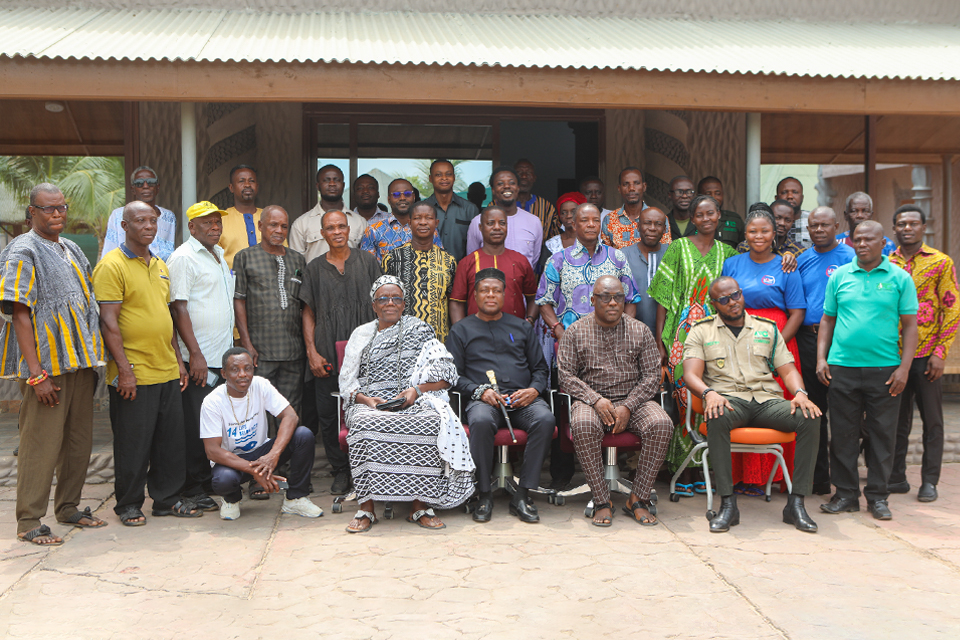
In an initiative to combat climate change and empower local communities, a consortium of researchers from the University of Education, Winneba (UEW), UEW-Cooperative Credit Union (UEW-CCU), and Hen Mpoano have convened a pivotal stakeholder seminar.
Held at the scenic Aborigines Beach Resort in Keta, the seminar marked the inception of the "Carbon Credits for Mangrove Farmers: A Pilot Study at Anyanui, Volta Estuary of Ghana (CCMAF)" project.
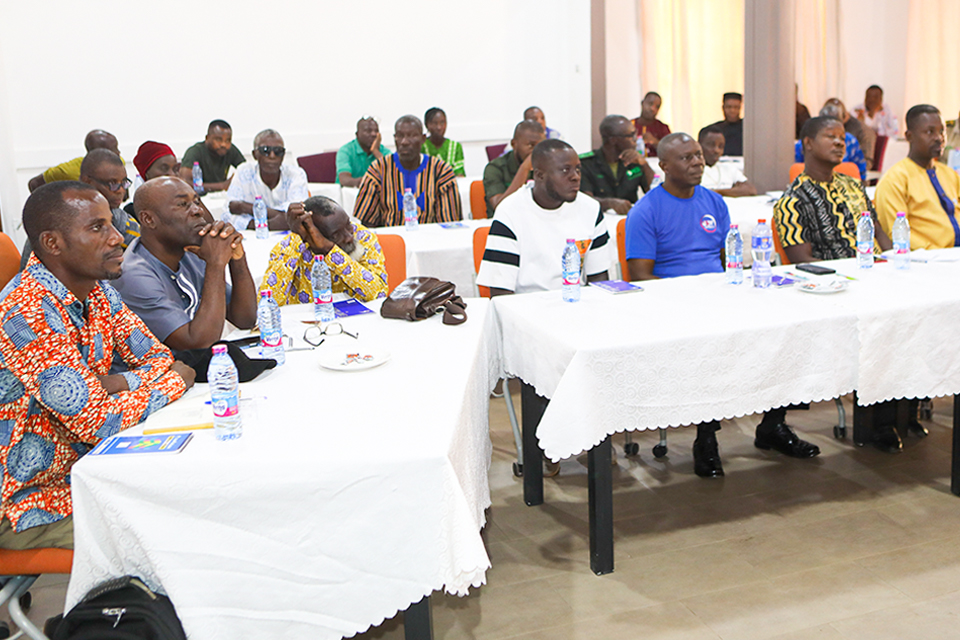
The seminar witnessed a confluence of representatives from various governmental bodies including the Ministry of Science, Technology, and Innovation (MESTI), Environmental Protection Agency (EPA), Wildlife Division of Forestry Commission (WD), Metropolitan, Municipal, and District Assemblies (MMDAs), Ghana Carbon Registry, and local mangrove farmers. The collective goal is to chart a course towards sustainable mangrove management by implementing a voluntary community mangrove carbon credit (VCMCC) initiative.
At the heart of the project lies a visionary approach to redefining the local circular economy. By introducing the VCMCC initiative, the team seeks to shift the economic paradigm from short-term gains to long-term ecological resilience. This move acknowledges the critical role of mangroves as natural carbon sinks while offering farmers alternative income opportunities rooted in ecological restoration.
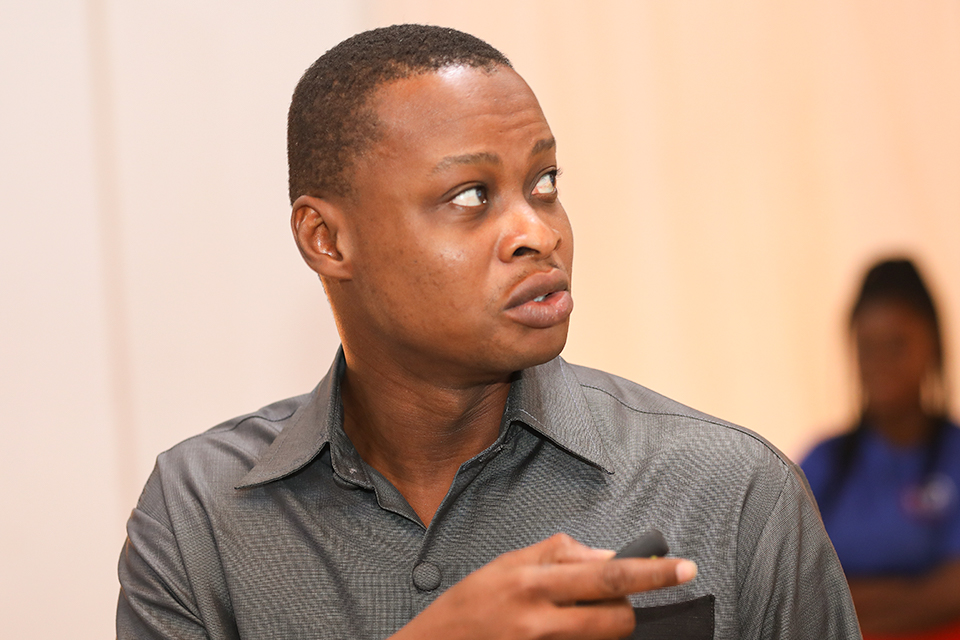
Dr. Adams Osman, the project lead and lecturer at the Department of Geography Education, UEW, provided a comprehensive overview of the CCMAF Project, outlining its objectives and methodology, emphasising the pivotal role of mangroves as natural carbon sinks and the imperative to transition from logging to restoration.
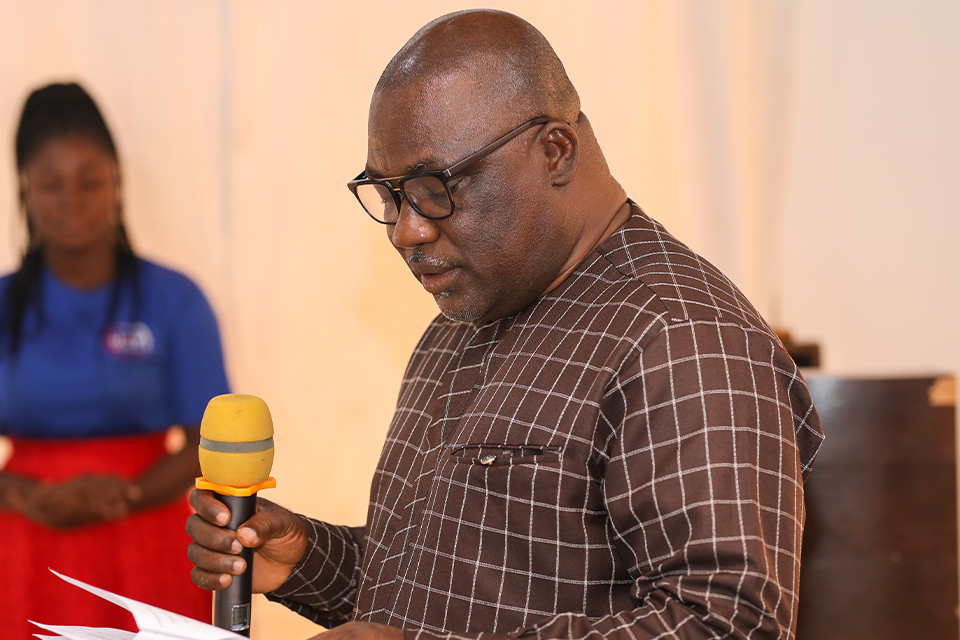
Emphasising the strategic significance of the initiative, Mr. Emmanuel Dzakpasu, representing the Anloga District Chief Executive, underscored the government's commitment to elevating the blue economy as a cornerstone of Ghana's economic development. He commended the project's holistic approach, recognising the intertwined challenges of economic sustainability and environmental preservation faced by mangrove communities.
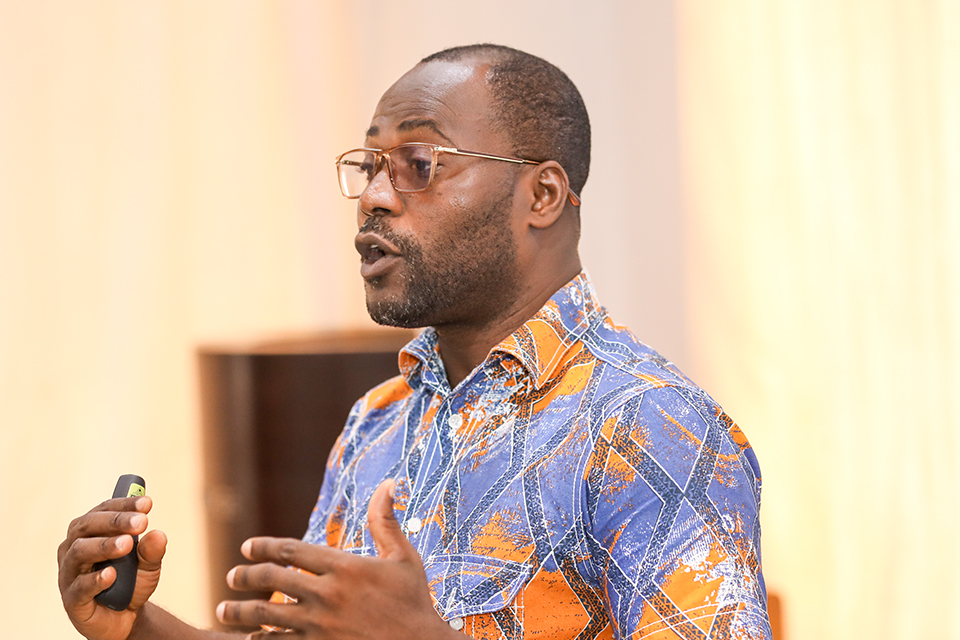
Mr. Stephen Kankam, Deputy Director of Hen Mpoano, elaborated on key milestones, highlighting the collaborative efforts driving the project's success.
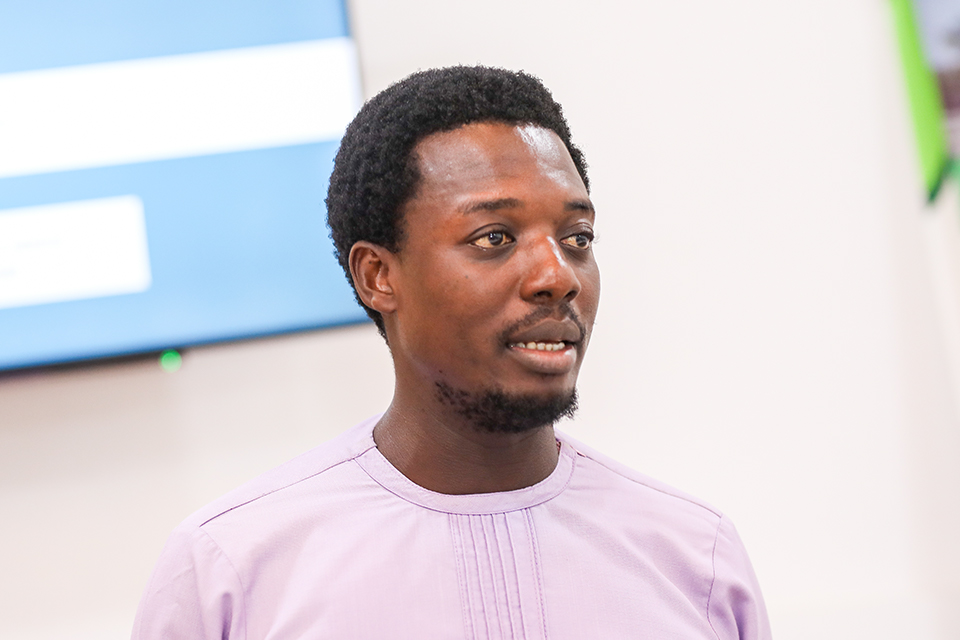
Mr. Justice Camillus, Geography Information Systems Specialist and Monitoring and Evaluation Officer at Hen Mpoano, delineated the roadmap for future project implementation, underscoring the importance of community engagement and capacity-building.
As Ghana pioneers a new frontier in blue carbon innovation, the CCMAF project stands as a beacon of hope, heralding a transformative journey towards ecological stewardship and sustainable livelihoods for coastal communities. With stakeholders united in purpose and vision, the stage is set for a paradigm shift that promises not only to mitigate climate change but also to empower local communities as custodians of their natural heritage.








